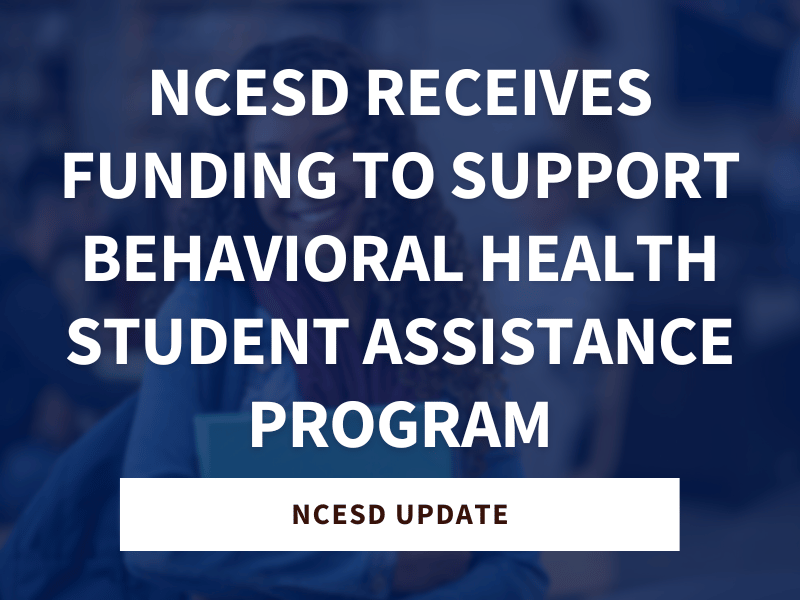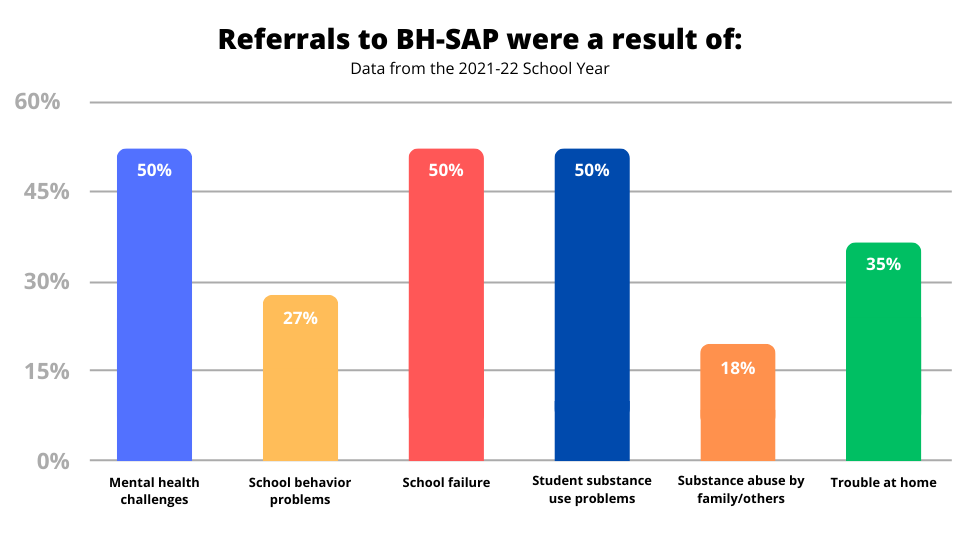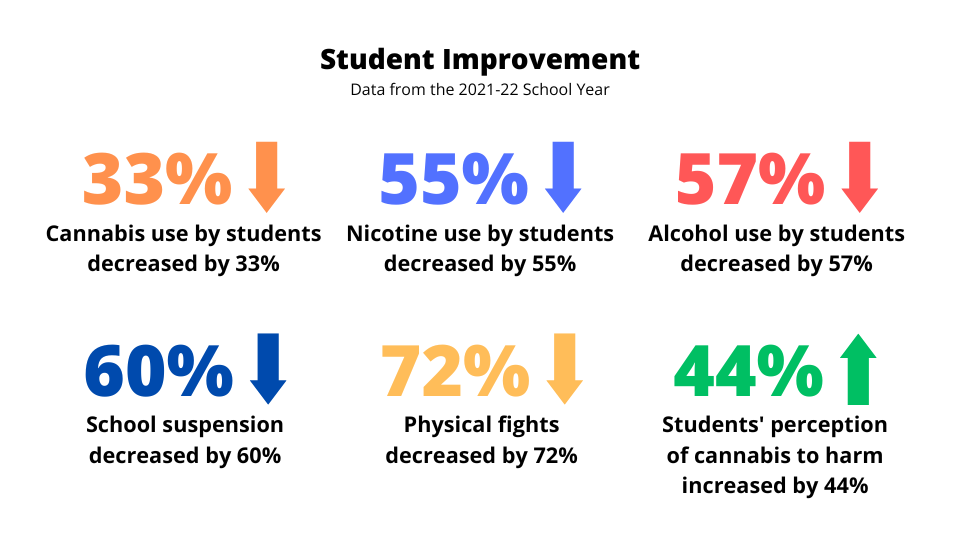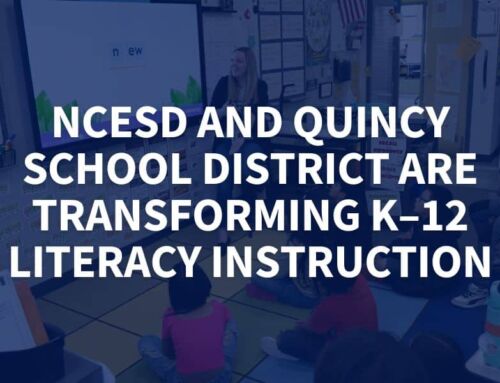NCESD Receives Funding to Support Behavioral Health Student Assistance Program

The Office of Superintendent of Public Instruction (OSPI) announced in June that it awarded $15 million over the next three years to 26 school districts across Washington state. According to the press release, the funds will be utilized to implement a range of supports, from hiring mental health specialists to addressing absenteeism to providing professional development on resilience.
In the North Central Washington region, NCESD with Okanogan School District and Warden School were awarded funds to hire behavioral health student assistance professionals. Wenatchee School District was also awarded funds to reinstate seven social services specialists and hire an additional one to support the district’s Valley Academy of Learning.
NCESD will use the funds to support the Behavioral Health Student Assistance Program (BH-SAP), which places trained professionals in schools across the region to provide on-time, on-campus, low-barrier, no-fee and direct-to-student support that improves the wellness of high-need students and helps them attend and learn at school.
Funding at the state level helps diversify the program’s revenue sources, explained Shelley Seslar, the Managing Director of Student Support Services at NCESD. Continued, and various, funding creates sustainability and allows the program to be managed in more predictable ways and provide better and more integrated services for students within the school setting.
“Our Student Assistance Program invests to hire and train talented, caring people with relevant degrees and field experiences to serve youth with challenging, persistent needs,” she added. “Suddenly dropping funds for those services can dismantle a program that took many months to years to build in a school”
NCESD has been providing student support services for the past 30 years. The services have evolved throughout that time and the BH-SAP was launched in school districts during the 2021-22 school year.
During that first year, BH-SAP staff served 93 students in grades 6-12, individually. During the 2022-23 school year, the program grew by nearly 430%. NCESD placed 10 professionals across the region who served a total of 399 youth. Districts included Cashmere, Ephrata, Lake Chelan, Moses Lake, Omak, Oroville, Quincy, Soap Lake, Tonasket, Waterville, and Wenatchee.
The program is designed to close the “behavioral healthcare gap” for youth by providing mental health and substance use prevention, intervention, and support services in the school setting, Seslar explained.
“Not all students who struggle are able, willing, or need to get treatment services regularly,” she said. “ Some struggle but do not qualify for intense treatment services but benefit from the extra support that SAP professionals can provide at school.”
This support is provided through psychoeducational curricula, skill coaching, and advocacy. The school-based BH-SAP staff are able to support youth who may be waiting for community-based treatment or as a supplemental support during treatment. The staff work with students to attend school regularly, support their mental health and sobriety, and coach them in achieving their academic goals.
To date, the program has been able to report excellent outcomes for students served, Seslar said. The program’s services are continuously evaluated using an online data collection portal that aggregates information from pre- and post- behavioral questionnaires, student screening at entry using the Global Assessment of Individual Needs – Short Screener (GAIN-SS), program activities, referral tracking, and student satisfaction surveys.
Moving into the new school year, Seslar said they will continue to focus on developing BH-SAP staff skills, along with school and community integration of the program.
“We are very proud of the improvements we have seen in schools that are new to the program,” she added. “Student outcomes will only improve in the 23-24 school year as we grow the program and develop our staff.”
If you would like to learn more about the Behavioral Health Student Assistance Program at NCESD, please contact Shelley Seslar at 509-665-2626.








